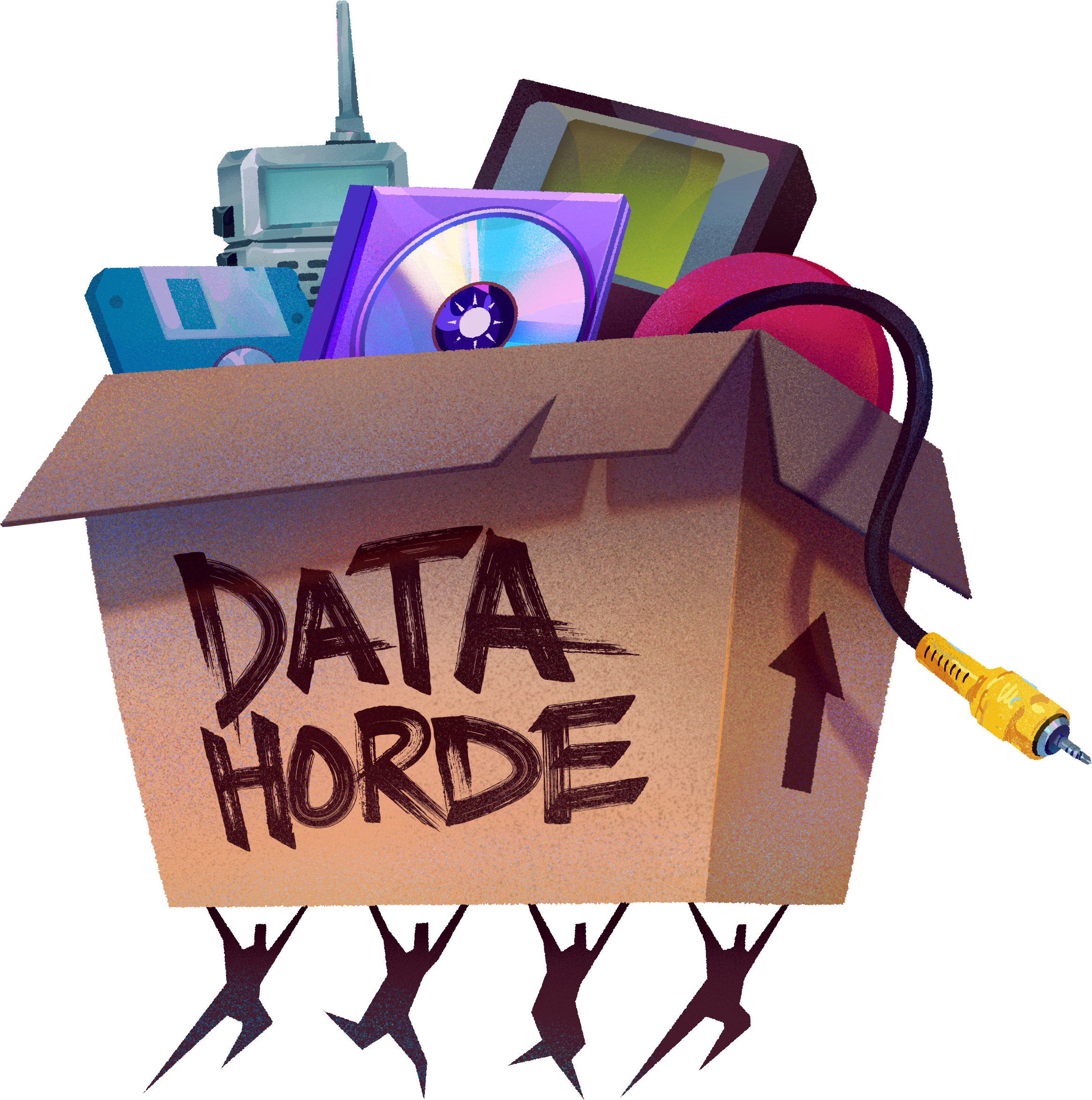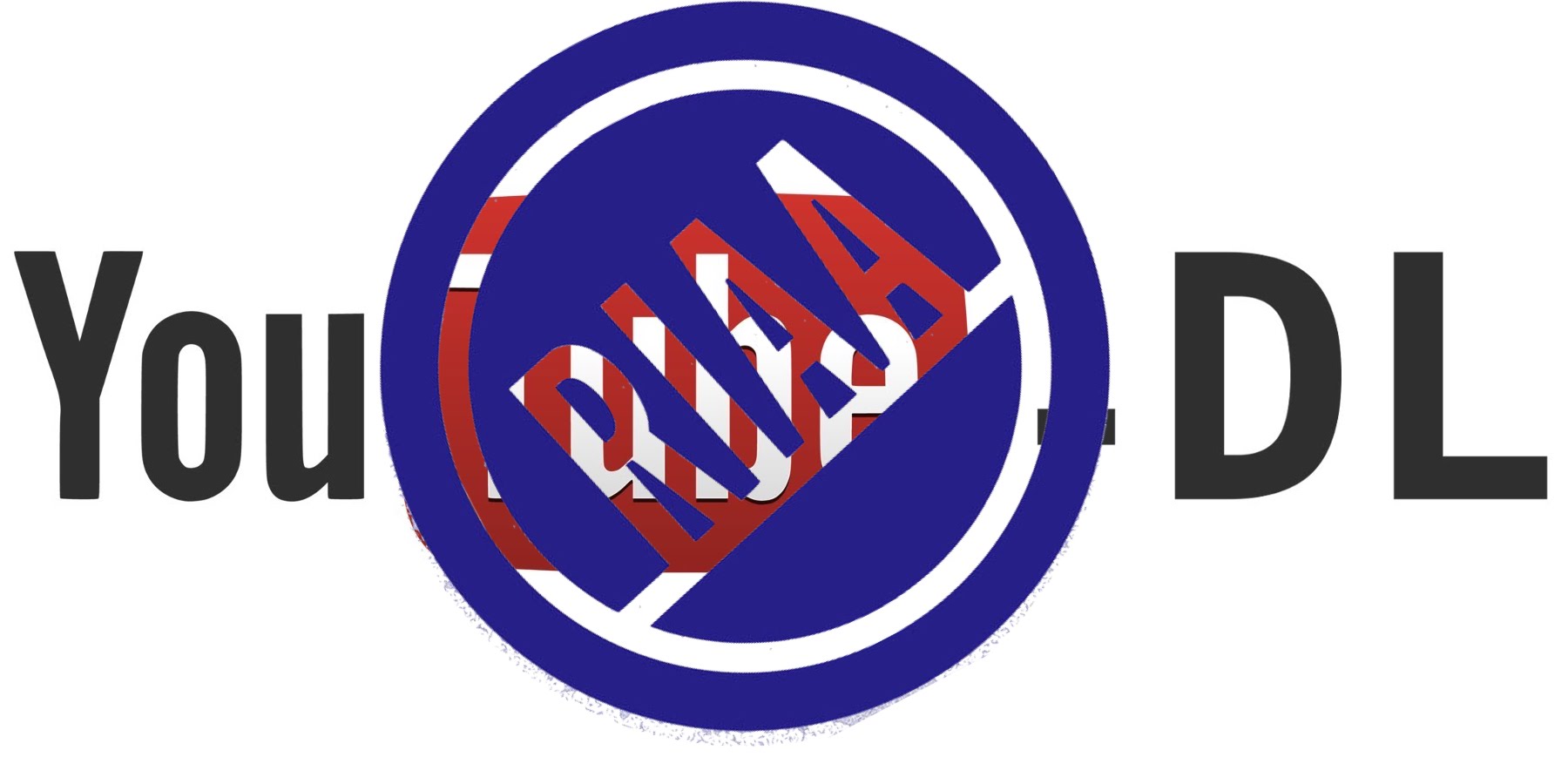youtube-dl is an open-source utility for downloading videos from the internet. It started off as a simple command line tool for downloading YouTube videos, but has since grown to support a wide assortment of video sites.
Today, it is with a heavy heart that we report that the Recording Industry Association of America (RIAA) has issued a DMCA request to GitHub, to have the youtube-dl repository and its forks taken down:
https://github.com/github/dmca/blob/master/2020/10/2020-10-23-RIAA.md
This request comes under the pretense that youtube-dl infringes the copyright of audiovisual content owned by RIAA member companies. It also follows the RIAA’s recent issuing of DMCA requests to Twitch demanding action against streamers who the RIAA believe to be infringing copyright.
A serious issue with this request, is the dismissive and outright harmful language which frames youtube-dl as inherently in violation of copyright:
The clear purpose of this source code is to (i) circumvent the technological protection measures used by authorized streaming services such as YouTube, and (ii) reproduce and distribute music videos and sound recordings owned by our member companies without authorization for such use. We note that the source code is described on GitHub as “a command-line program to download videos from YouTube.com and a few more sites.”
To begin with, the defined “clear purposes” in (i) and (ii) ignore the origins and actual use cases for youtube-dl, portraying it as software strictly designed to attack the music industry.
- (i) circumventing the technological protection measures used by authorized streaming services such as YouTube
youtube-dl started off as a pet-project of Ricardo Garcia Gonzalez all the way back in 2006, coming into prominence through a news story on Linux.com by the late Joe Barr. It long predates a lot of these “authorized” channels, like distribution networks such as Vevo (2009) or YouTube Music (2015). youtube-dl was never intended to circumvent these, because at the time that it was first released, these channels did not exist or were in inception.
Claiming that circumvention of technological protection measures is a clear purpose of youtube-dl, only demonstrates a lack of attention, or worse yet care, on the RIAA’s part.
(ii) reproduction and distribution of music videos and sound recordings owned by our member companies without authorization for such use.
Although it is true that youtube-dl can be used to reproduce music videos and sound recordings, on its own it is not capable of distribution by any means. youtube-dl can only download these recordings, but has no built-in feature for the purposes of further distributing such recordings.
This might indeed present a potential harm to RIAA members, but the oversight here is that -again- this is not a clear purpose of youtube-dl. The issue arises from youtube-dl being indiscriminate in what kinds of public videos it can download from a given website.
The key assumption is that if a video is made public, then there should not be any problem in downloading it for personal use. And this works very well in the case of blogs, podcasts and generally original content shared on the internet. Thus, the ability to use youtube-dl for (potentially) reproducing music videos or sound recordings owned by RIAA member companies is not a built-in feature, but an unintended side-effect.
While the RIAA have the right to be concerned by this aspect of the software, it is dishonest to portray this as an intensional feature. And in the process of issuing this DMCA, the RIAA are cutting off the intended benign use of youtube-dl.
We can only hope the RIAA and the youtube-dl team can reach an arrangement as soon as possible, for users to be able to continue non-malicious usage of the software.
With the GitHub repository down, development has been suspended. For the time being, if you need to install youtube-dl, a copy of the latest release is still available on PyPI.



